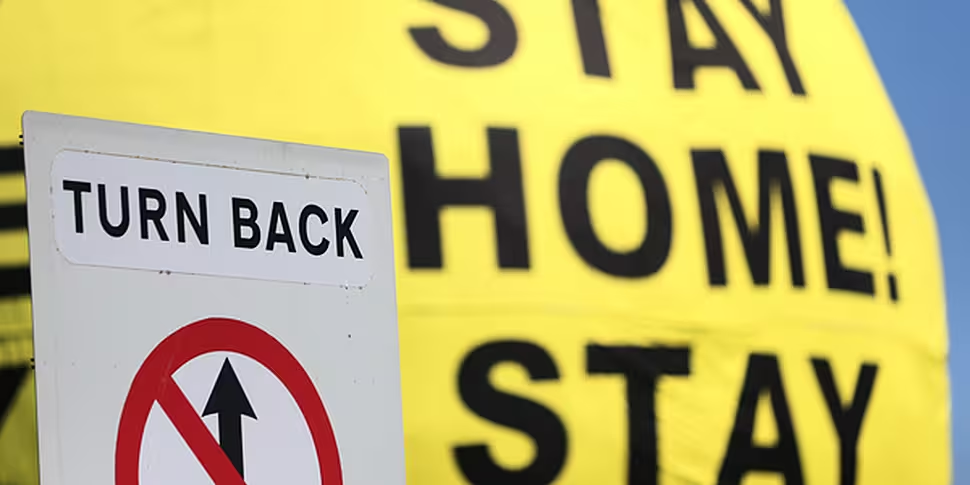A leading World Health Organisation doctor has said future lockdowns may be limited to localised areas.
It comes after the organisation reported the largest daily increase in COVID-19 cases since the outbreak began.
More than 183,000 new cases of the virus were recorded around the world yesterday – largely in North and South America.
Meanwhile, Ireland today announced four new confirmed cases – the lowest number since March 9th.
On The Hard Shoulder this evening, WHO spokeswoman Dr Margaret Harris said we have “fires burning” in different parts of the world.
“On Sunday we had record numbers of cases but that is a record that is being unfortunately – the worst kind of record – made every day,” she said.
“We are seeing it particularly driven by the Americas, by the United States of America but also many countries in Latin America – especially Brazil where they have got a very severe, devastating outbreak.
“But we are also seeing a very large outbreak in India with rising numbers of deaths and we are also seeing in Africa, an acceleration.”
There have also been spikes recorded in Germany and South Korea – countries that have been praised for their efforts in controlling the virus.
Meanwhile, Portugal today reimposed restrictions in Lisbon to help control new outbreaks.
Localised lockdown
Dr Harris said Ireland could bring in more localised lockdowns if we experience outbreaks further down the road.
“If you get intense local transmission, you could look at what you call a lockdown or public health social measures very, very locally,” she said.
“It is much better to tailor what you do to your epidemic. What happened with many countries was that, because the testing wasn’t happening, they couldn’t do the tailoring.”
Testing
She said officials must ensure the testing and tracing infrastructure is reliable enough to identify new clusters quickly.
“You have to look at ways of ensuring you can identify any potential transmission,” she said.
“In the areas where your schools are for instance, if you have an area where you have intense transmission, you may think about not opening schools in that particular area.
“Also, you ramp up your testing, so you know who is infected and can therefore isolate those people.
“We do have those tools and we have to use them well and wisely.”
Response
Dr Harris said the spikes in Germany and South Korea highlight the need to return to work in ways that prevent the spread and transmission of the virus.
She said countries should tailor their public health policies to ensure that “people most likely to suffer the severe form are the most protected.”
You can listen back to the full interview here:









